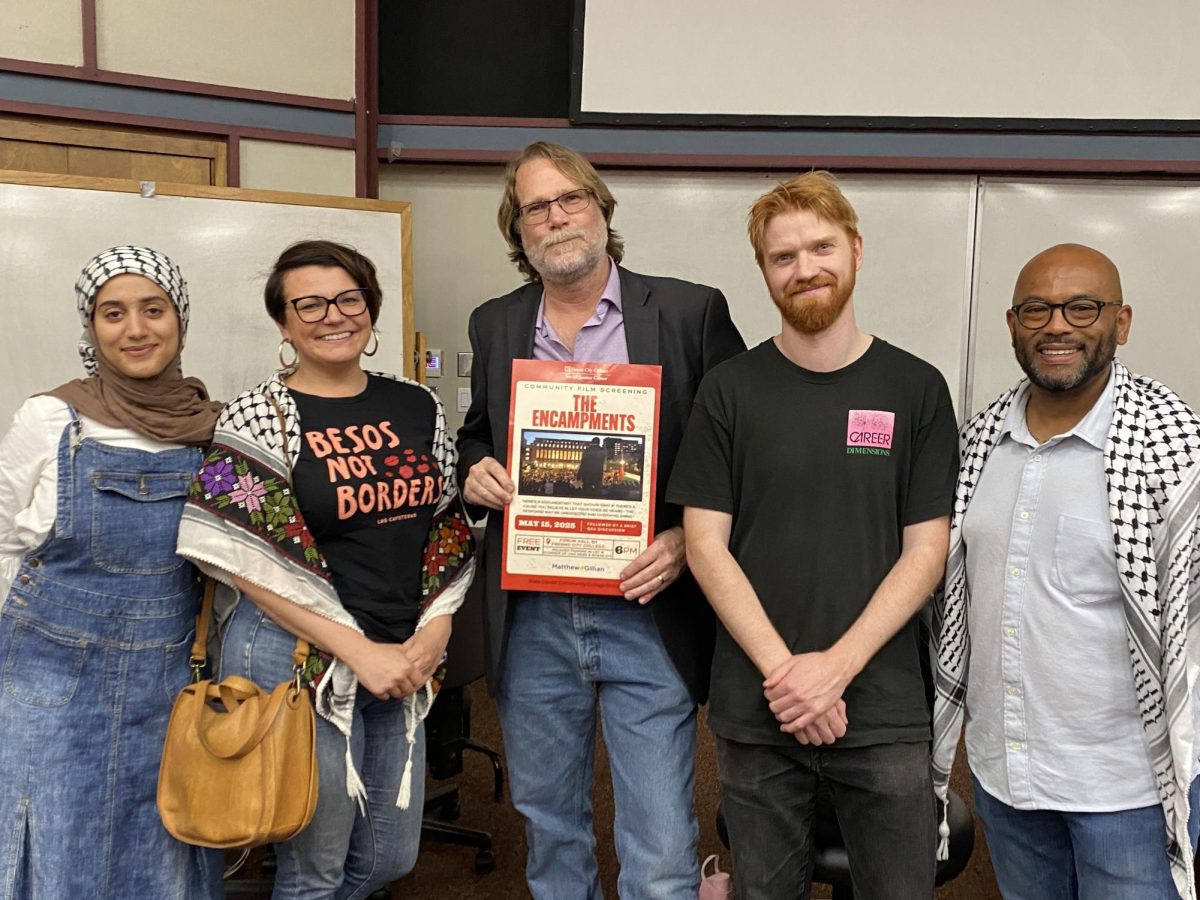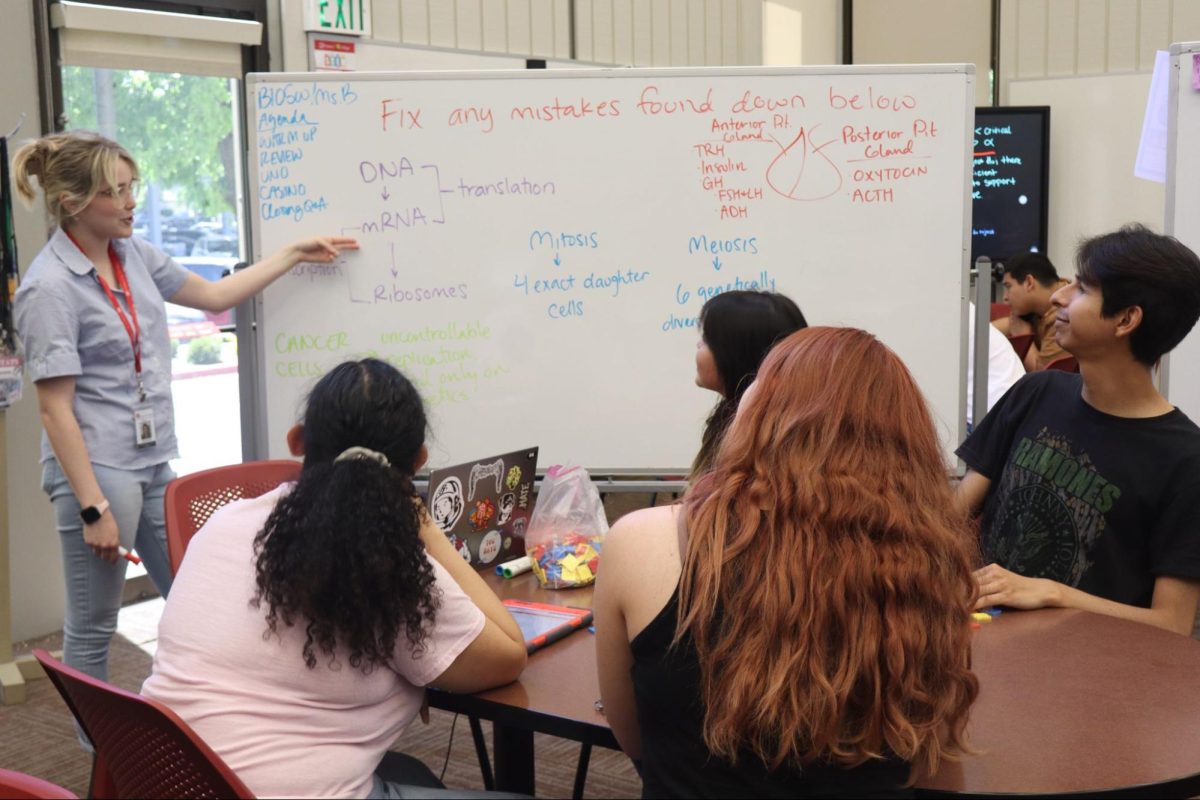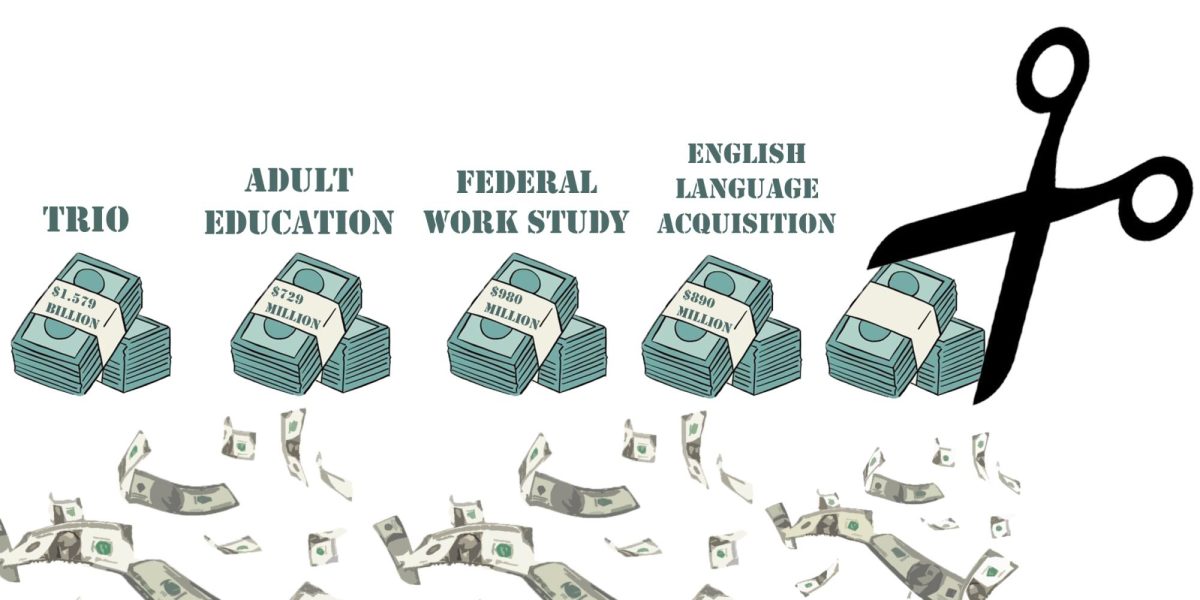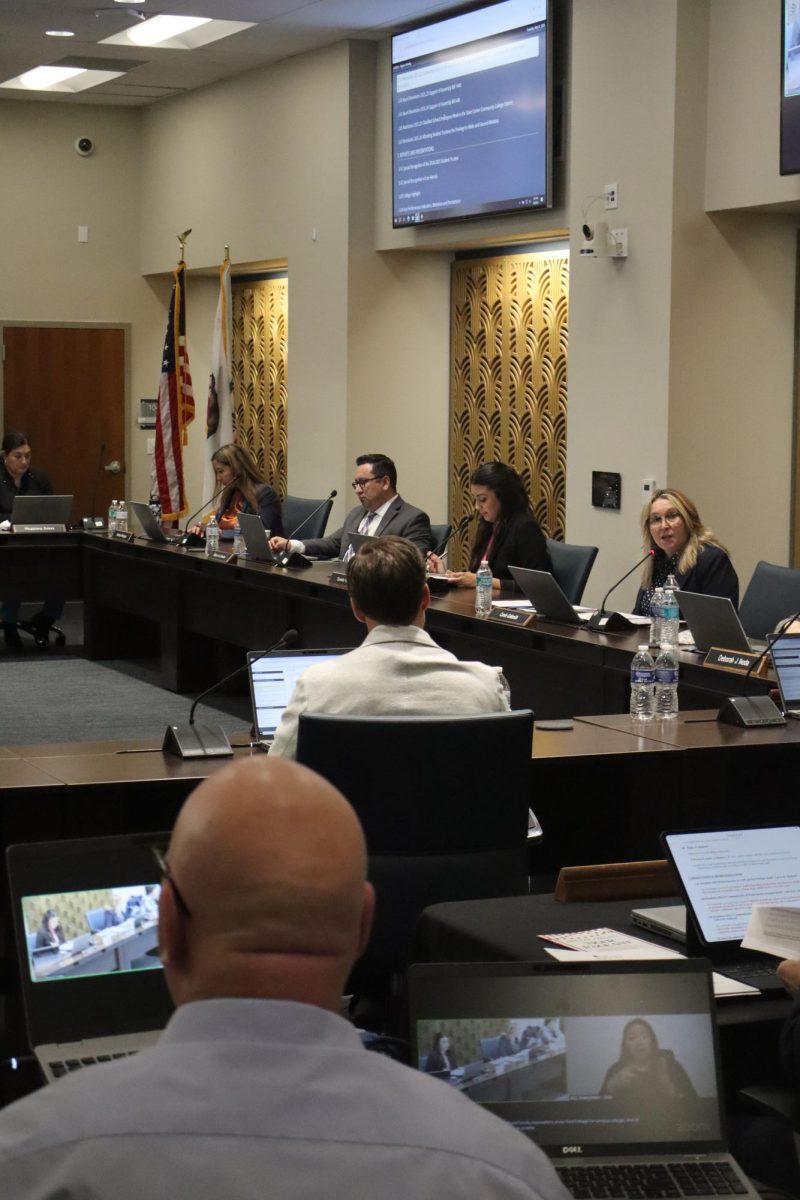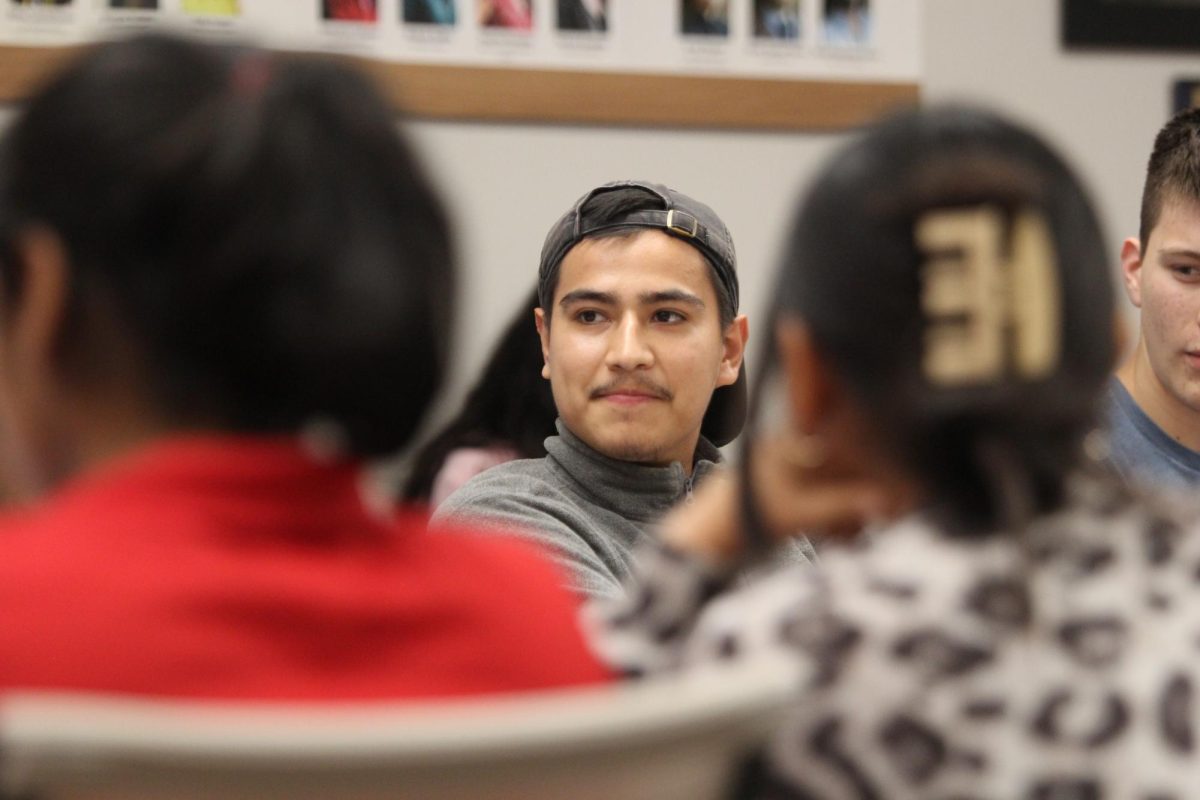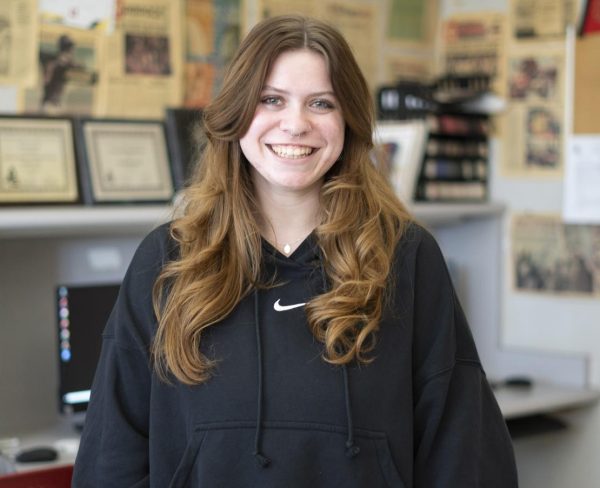After 146 days of being on strike, one of Hollywood’s longest and most expensive writers’ strikes has come to an end.
On May 2, writers began striking for a livable wage, better working conditions, and protection from artificial intelligence taking over their jobs.
The Writers Guild of America (WGA), which represents the writers, and the Alliance of Motion Picture and Television Producers, and the representatives of studios and production companies, were able to reach a tentative agreement on Sunday, Sept 24.
Writers were allowed to return to work at 12:01 a.m. on Wednesday, Sept. 27.
As the studio’s profit increased, writers’ pay decreased. In the age of streaming, this problem is only getting worse. Because studios sell their shows directly to different streaming platforms, and the writers are receiving less in residuals.
Although the Writers Guild of America (WGA) has stated that they will not share all of the details of the final deal until it is solidified, they did release the seven-page tentative contract to the public showing most of the agreement that was reached.
The weekly pay for writers will increase to a minimum of 12% and writers will see an increase in residuals, including bonus pay if the production does well.
Although studios will still be allowed to use the writer’s work to train AI, they have prohibited AI from writing or rewriting any material.
The last five months showed executives what the future of their industry would look like if they didn’t start crediting and protecting their writers. The combination of the writer and actor strike left Hollywood at a standstill.
Entertainment makes up a large portion of California’s economy. Based on the statistics of the 100-day writers’ strike in 2007, adjusted for inflation and a longer time frame, experts estimate that this strike has cost the economy upwards of $5 billion.
The effect of the strike has created a domino effect that has inspired people from other industries to follow in its footsteps.
The United Auto Workers (UAW) began their strike against the three biggest auto companies in the nation on Sunday, Sept. 15.
The UAW has called for thousands of workers to strike for their demands which includes a 40% wage increase, better benefits for employees and retirees and an increase in paid time off.
On Tuesday, Sept. 26, over 50,000 hospitality workers who are a part of the Culinary Workers Union Local 226 in Las Vegas voted to authorize a strike.
The union heads plan to meet next week with the three top casino employers for better working conditions, wages and benefits. If the union’s demands are not met, they are prepared to strike.


